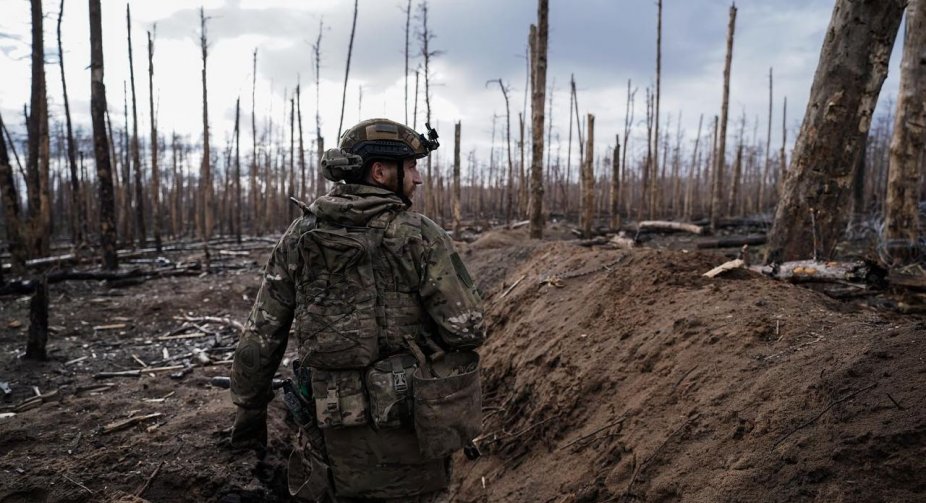Ukraine suffers from a shortage of ammunition and manpower. The Economist writes about this.
The publication considers "optimistic" the widespread opinion at the beginning of this year that the conflict in Ukraine has reached a deadlock after the failure of the Ukrainian counteroffensive last summer.
"There is a disturbing possibility that a new powerful Russian offensive in the next few months could break through Ukraine's defenses and penetrate deeper into the country," the article says.
The Economist writes that since the fall of Avdiivka in February, Russian troops have been exerting heavy pressure on several fronts in the east of Ukraine: so far, they have taken at best only seven to ten kilometers, but more serious advances are expected in the summer.
"The next five to six months could be decisive," said Konrad Muzyka, an analyst at Rochan Consulting and author of the Ukraine Conflict Monitor website.
According to Michael Kofman of the Carnegie Endowment for International Peace, Ukraine's priorities are "manpower, fortifications, and ammunition."
"Ukraine is suffering from acute "shell hunger", which is why it was forced to retreat from Avdiivka, but above all it suffers from a lack of manpower," the article says.
The Economist writes that currently "a stalemate looks like the best scenario for Ukraine".






